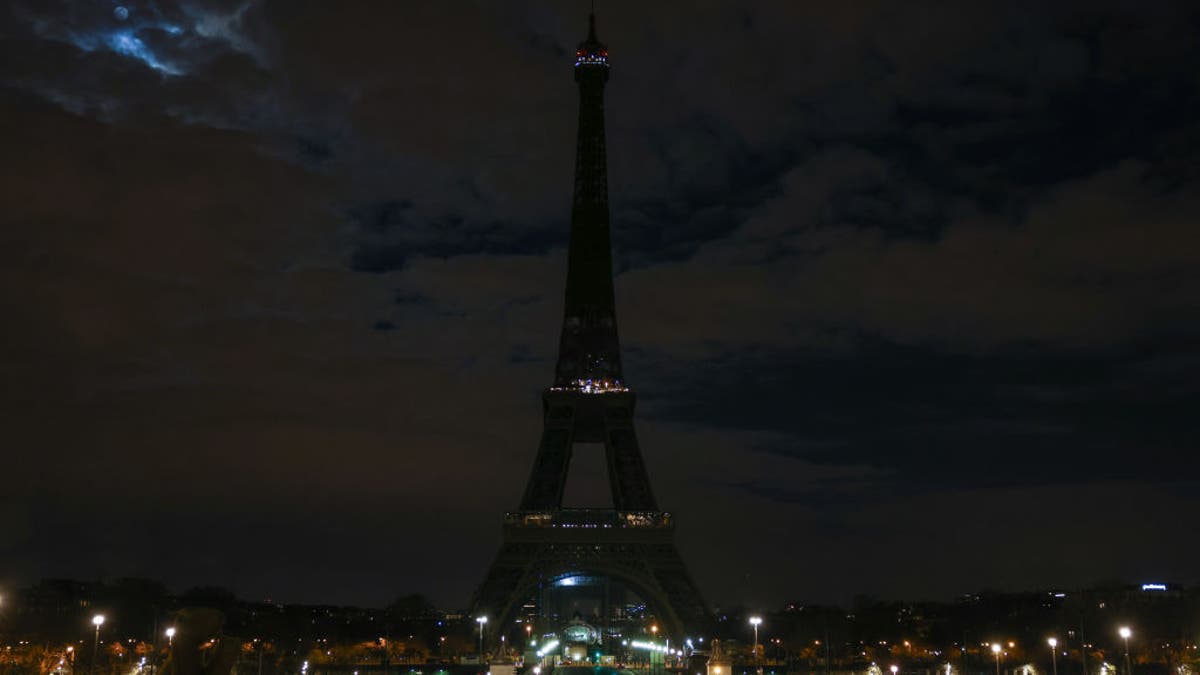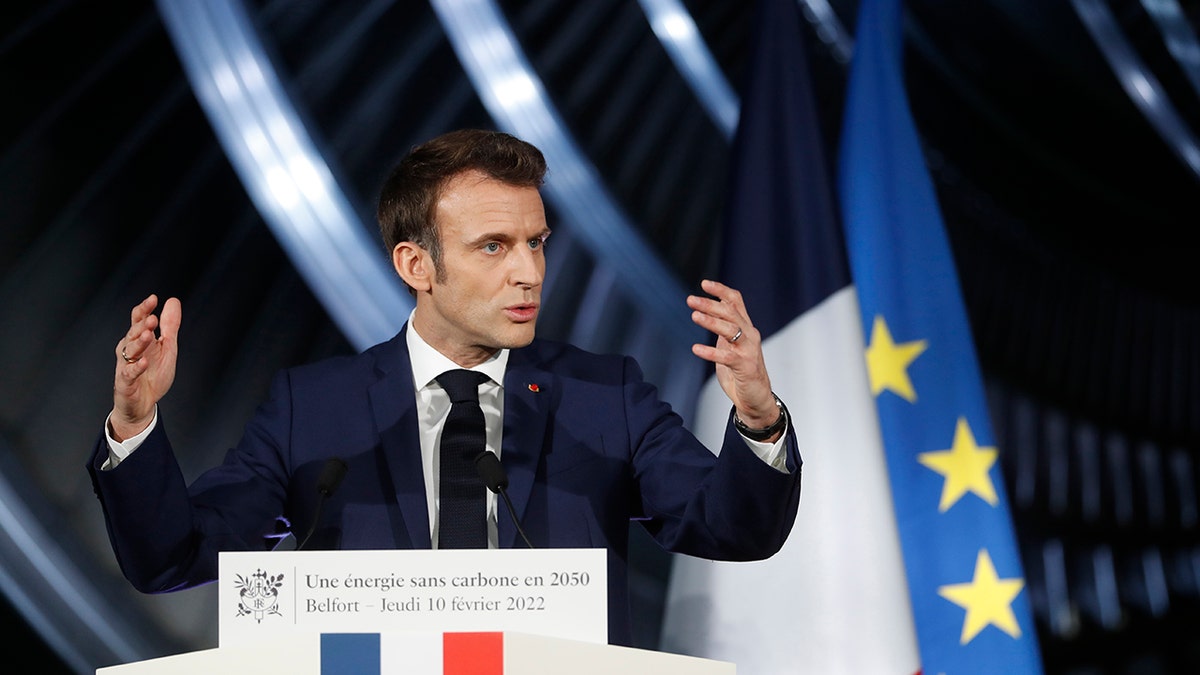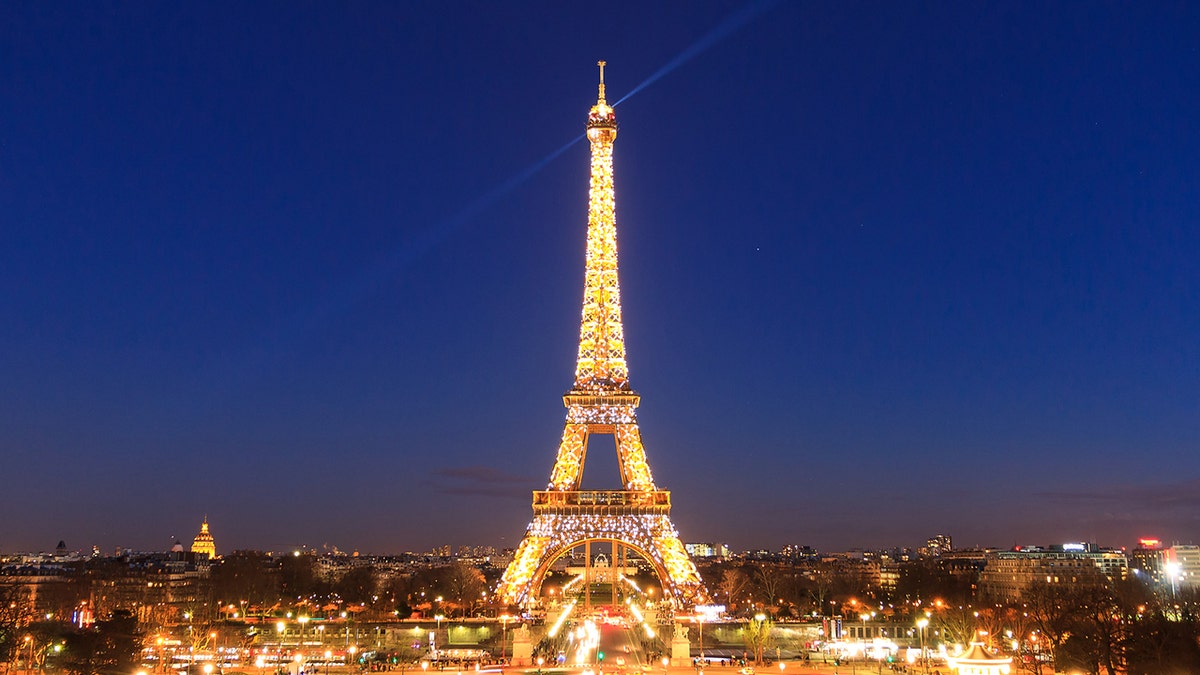Fox News Flash top headlines for October 9
Fox News Flash top headlines are here. Check out what's clicking on Foxnews.com.
Paris, known for three centuries as "The City of Light," will look much darker this winter, with France pushing a policy of "energy sobriety" that will turn off the lights to the city's top shops and historical attractions.
"We must stop believing that people are only attracted by light," Paris Deputy Mayor Emmanuel Gregoire said of France's bid to save its energy consumption, according to a report in the Wall Street Journal. "People are not mosquitoes."
People used to Paris being lit up late into the night will have to adjust to a new reality this winter and possibly longer, with French President Emmanuel Macron calling for a 10% reduction in energy consumption over the next two years.
Paris has responded by cutting the power to its renowned shops on the Avenue de Montaigne hours early, a practice that is being followed by government-owned buildings and some of the city's most famous attractions such as the Eiffel Tower and the Louvre.
EUROPEAN GOVERNMENTS, CITIZENS GEAR UP FOR WORSENING ENERGY CRISIS

The Eiffel Tower submerges into darkness as part of the Earth Hour switch-off on March 27, 2021. (Pierre Suu/Getty Images)
The policy comes amid Russia's ongoing invasion of Ukraine, which has resulted in a halt to Russian imports of natural gas to European countries that previously relied heavily on to fill its energy needs. While France has typically been a net-exporter of energy in recent years, issues plaguing many of the country's nuclear plants have caused the country to increase imports this year.
Other European countries are implementing similar policies, with the Netherlands calling on residents to take shorter showers, Finland asking people to spend less time on electronic devices, and Germany cutting the lights to many of its monuments.
But seemingly no country has been as aggressive as France, which will cut off hot water in public buildings while capping heat at 64 degrees, and driving government vehicles more slowly in an effort to preserve fuel.

French President Emmanuel Macron (AP Photo/Jean-Francois Badias, Pool, File)
French residents have also been encouraged to make changes at home, including guidance to only use electrical appliances such as dishwashers and washing machine outside of peak hours, unplugging computers and TVs when they are not in use, and taking shorter showers.

The Eiffel Tower lit up at night. (iStock)
"We will publish our electricity and gas consumption every week," Prime Minister Elisabeth Borne said. "Depending on this and the weather, we will see if we have made the necessary energy savings."








































